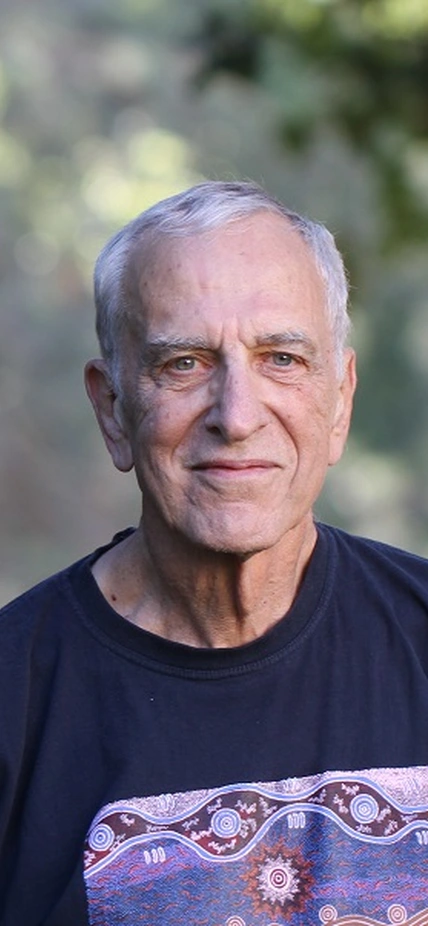Washington, DC— The American Association for the Advancement of Science (AAAS), the world’s largest general scientific society and publisher of the Science family of journals, has elected Carnegie ecologist Joseph Berry to the newest class of AAAS Fellows, among the most distinct honors within the scientific community and part of a tradition that started in 1874.
The 2021 class of AAAS Fellows includes 564 scientists, engineers, and innovators spanning 24 scientific disciplines who are being recognized for their scientifically and socially distinguished achievements.
“AAAS is proud to bestow the honor of AAAS Fellow to some of today’s brightest minds who are integral to forging our path into the future,” said Dr. Sudip Parikh, AAAS chief executive officer and executive publisher of the Science family of journals. “We celebrate these distinguished individuals for their invaluable contributions to the scientific enterprise.”
“Joe was a driving force in establishing the field of global ecology, at Carnegie and in the world at large, and this recognition of his contributions is well deserved,” added Carnegie Department of Global Ecology Director Anna M. Michalak. “His groundbreaking work over his 50-year career at Carnegie continues to push the field in exciting new directions.
Since joining the Institution in 1972, Berry has developed powerful tools to understand the exchange of carbon dioxide and water between plants and the atmosphere—a cycle that has shaped the Earth and made it possible for life as we know it to thrive. His models and methods are widely used to contextualize photosynthetic activity at local, regional, and global scales, and have important implications for agriculture and land management. In recent years, he has made foundational contributions to systems for using satellite-based remote sensing to observe photosynthesis from space.
The new class of Fellows will receive an official certificate and a gold and blue rosette pin—representing science and engineering, respectively—to commemorate their election and will be celebrated later this year during an in-person gathering when it is feasible from a public health and safety perspective. The new class will also be featured in the AAAS News & Notes section of Science.
Acknowledgments
The American Association for the Advancement of Science (AAAS) is the world’s largest general scientific society and publisher of the journal Science, as well as Science Translational Medicine; Science Signaling; a digital, open-access journal, Science Advances; Science Immunology; and Science Robotics. AAAS was founded in 1848 and includes more than 250 affiliated societies and academies of science, serving 10 million individuals. The nonprofit AAAS is open to all and fulfills its mission to “advance science and serve society” through initiatives in science policy, international programs, science education, public engagement, and more. For additional information about AAAS, visit www.aaas.org.
